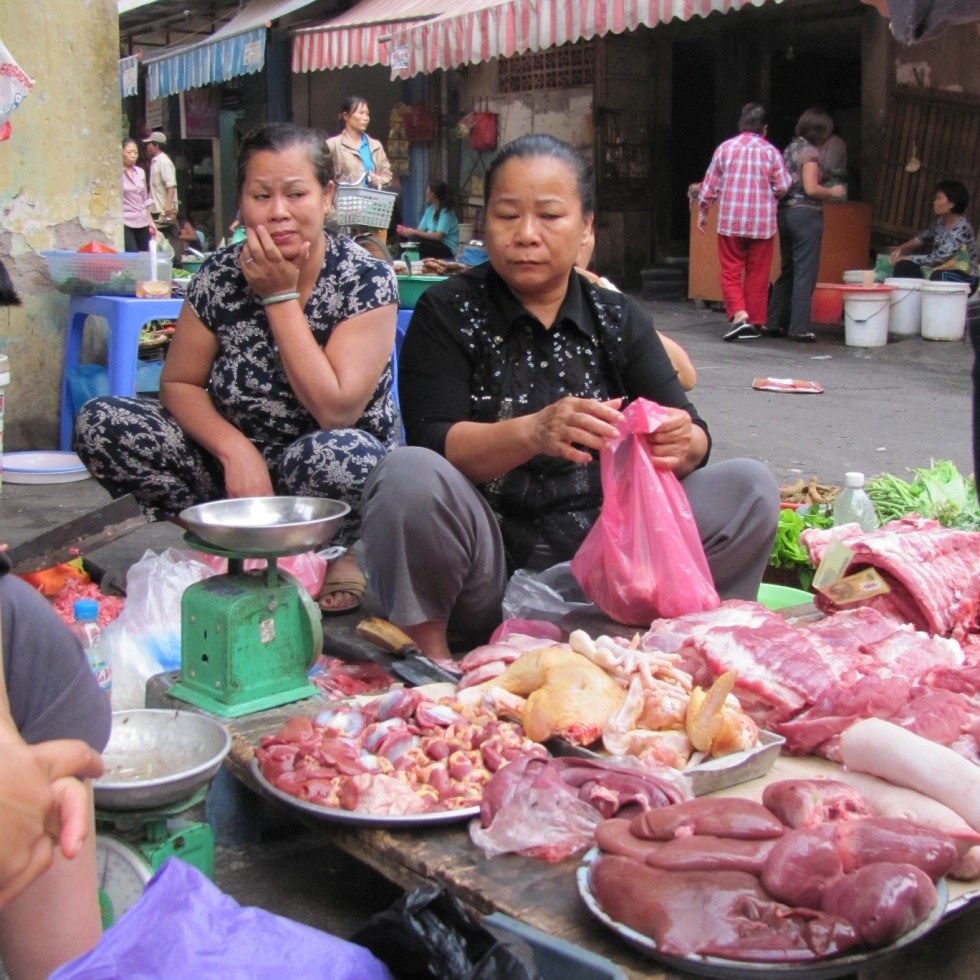 Trade sources have confirmed that a further 7000 tonnes of imported beef quota has been issued by the Indonesian Government, on top of the 8300t allocation made soon after the recent Australian visit by Indonesian president Yudhoyono and his delegation.
Trade sources have confirmed that a further 7000 tonnes of imported beef quota has been issued by the Indonesian Government, on top of the 8300t allocation made soon after the recent Australian visit by Indonesian president Yudhoyono and his delegation.
The new quota is understood to be specifically for manufacturing purposes, in the most heavily populated region of Java, where Jakarta is located.
The latest allocation now takes Australia’s 2012 beef access to 41,000t, considerably above the 34,000t calendar year limit set earlier by Indonesian authorities.
The release comes after considerable domestic pressure within Indonesia to increase the earlier beef quota access, especially with the fasting month of Ramadan followed by Idul Fitri still to come.
Prior to the release of the 7000t allocation, the Indonesian meat import association, ASPIDI, said the remaining boxed beef import quota for the remainder year was likely to last only until the end of August.
Trade sources suggest, however, that even with the additional quota access, Indonesia’s meat trade will fall well short of demand before the end of the calendar year.
Adding to the supply shortage is the wind-back in Indonesia’s live export trade. A market that took more than 770,000 Australian cattle only three years ago plans to limit trade this year to only 283,000 head, as part of Indonesia current commitment to self-sufficiency.
Similarly the official boxed beef quota at 34,000t for 2012 is substantially below import levels in the recent past, such as the 51,000t of trade carried out in 2009.
While the overall political momentum in Indonesia is focussed on reducing imports of both boxed beef and live cattle, there has been an expectation that there may be some increases in both boxed beef and live cattle quotas for the remainder of this year, based on earlier precedents beyond set quota targets.
There are obviously competing pressures to increase imported supplies to keep consumer prices low, while encouraging the displacement of imports with local production. This is leading to an ad hoc approach to quota management, adding further distortions to an already quota-distorted market, Australian trade sources said last week.
While some trade analysts in Australia felt that any chronic beef shortage associated with the high-demand Ramadan period was more likely to be reflected in beef, rather than live cattle quota rises, there is a growing sense of concern in some Australian meat exporter circles that the boxed beef trade may be seen as expendable as part of any agreement between the Australian and Indonesian Governments over solutions to the live cattle crisis in the Northern Territory.
While visiting Sydney for MLA’s half-year projections briefing late last week, Beef Central asked the Australian Meat Industry Council what it’s view was on such a risk.
“We want to work together with the rest of industry, and the Indonesian authorities, to expand what is the potential for trade in cattle and beef into Indonesia,” AMIC’s national processing director Steve Martyn said.
“But we would hate to think that the boxed beef trade is in some way disadvantaged at the expense of live export. There is undeniable trade potential for both product streams into the Indonesian market, as time goes by. There’s room-enough for everybody to establish a sustainable long-term business,” he said.
Despite the latest beef quota allocation, there appears to be no relaxation on Indonesia’s current tight restrictions on the range and quantity of offal meats allowed to be imported.
The incongruity of the banned offal list, which Australia continues to point out, is that exactly the same offal items are currently entering the country, and being sold on the open market, via the trade in Australian live cattle.
Current retail beef prices in Jakarta are said to be around Rp 75,000/kg, and continuing to rise. Some traders fear prices could rise to Rp200,000, if stocks run low as a result of the post-Ramadan demand surge. That would put beef well beyond the reach of most Indonesians, and demand for chicken could rise dramatically, as a result.
Earlier, Jakarta governor Fauzi Bowo told the Jakarta Post that some residents might have to switch their diet from beef to chicken during this year’s fasting month, should the central government ignore his administration’s request that the city’s quota of imported meat be raised.
The governor warned that the city might face a shortage of beef due to insufficient supply of local cattle and the small beef quota imposed by the agriculture ministry.
To ensure the sufficiency of beef supply during the holy month, Mr Fauzi told the Post that he had campaigned with the agriculture ministry, asking for additional quota on top of the 8300t allocated for this half-year.



HAVE YOUR SAY